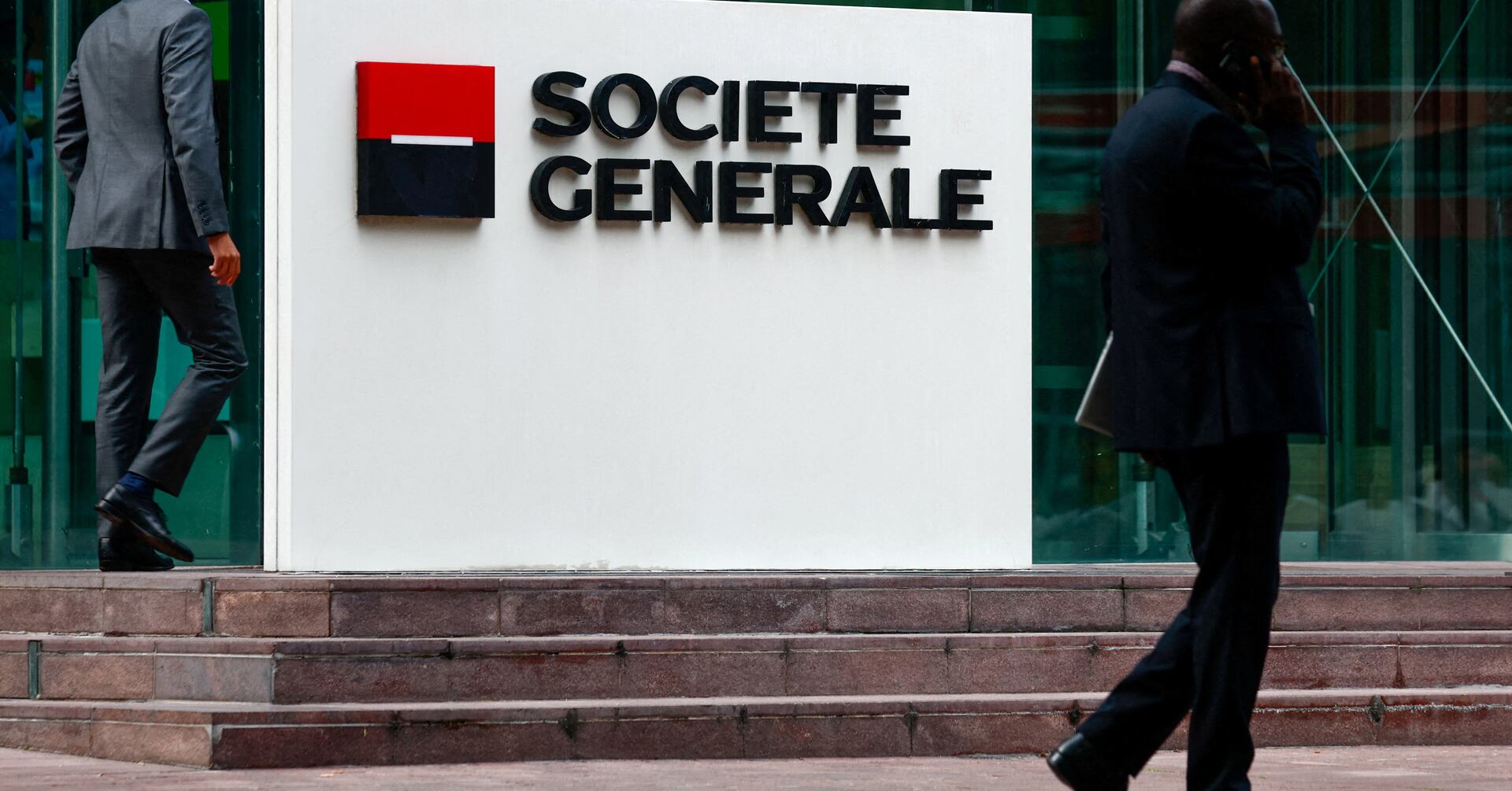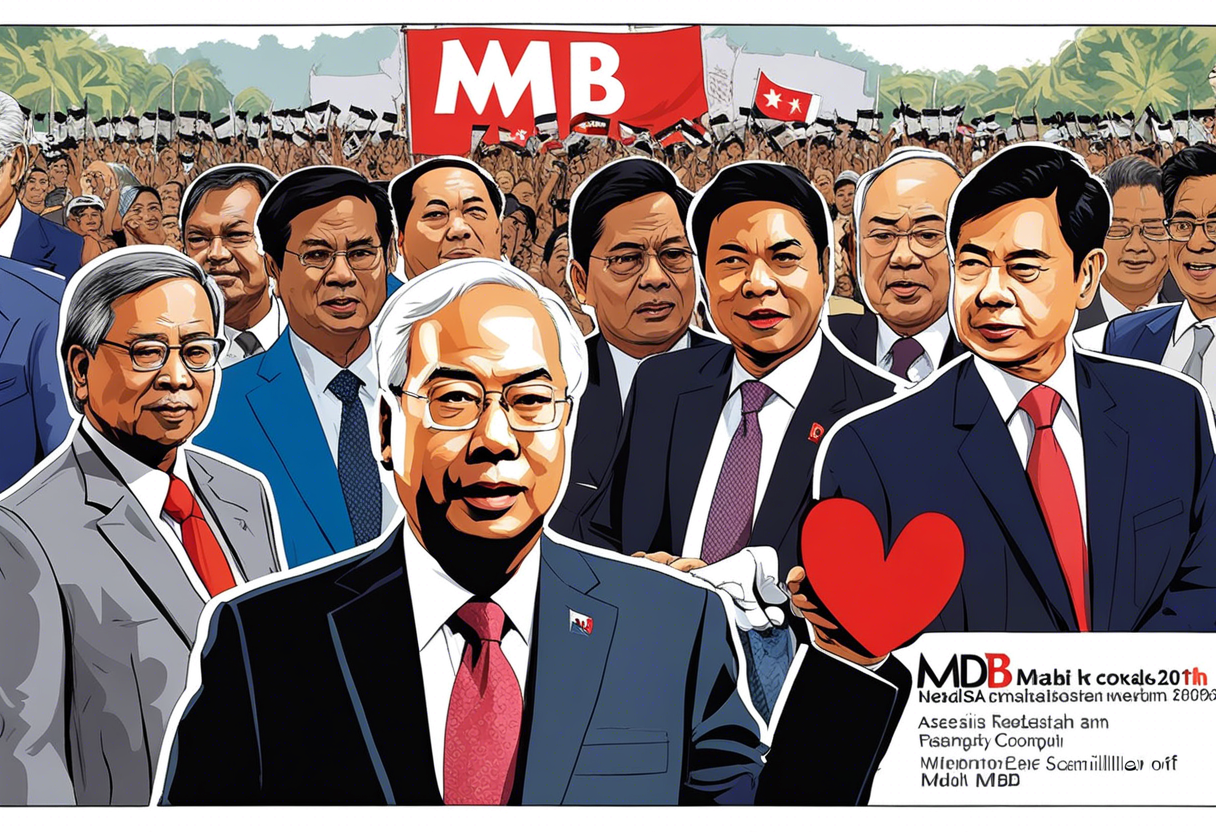Seven Shocking Turns in the Wirecard Scandal: The Hidden Billions that Shook the Financial World
The Wirecard scandal, one of the most explosive financial collapses in recent memory, has left an indelible mark on the fintech world. A seemingly unstoppable company that once exemplified innovation in digital payments, Wirecard was revealed to be at the center of a massive fraud. Below, we explore seven shocking twists that shook the financial industry and serve as a cautionary tale for regulators, investors, and corporations.
The Missing Billions
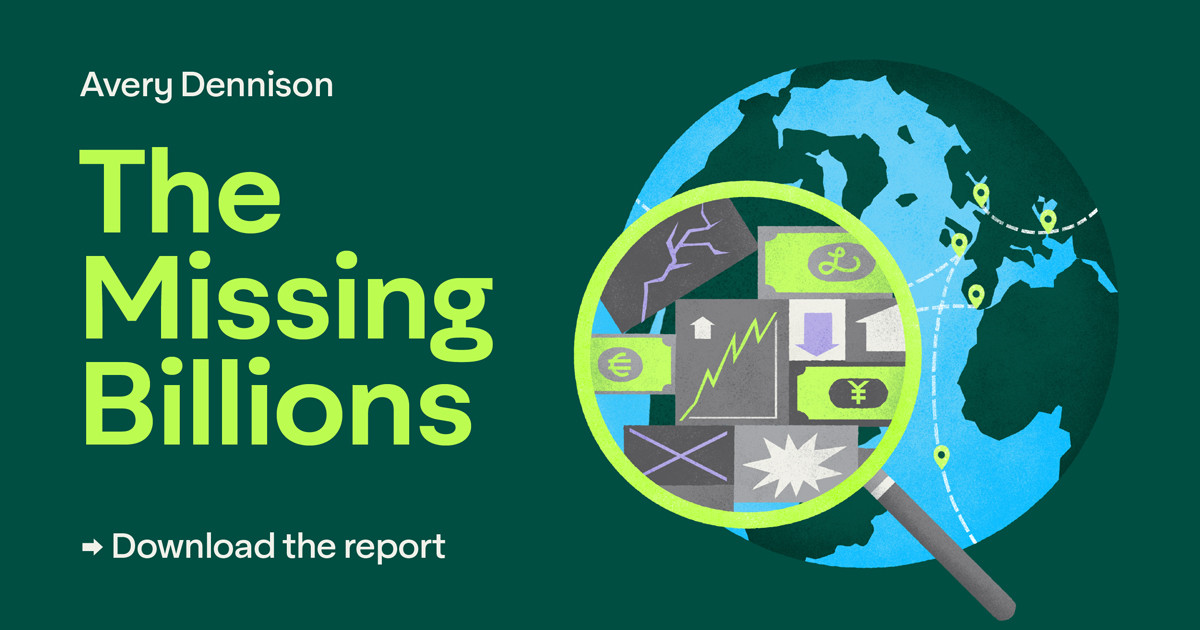
The first and perhaps most stunning revelation was the discovery of a $2.1 billion gap in Wirecard's accounts. This money, reportedly held in trustee accounts in the Philippines, was found to be non-existent when auditors attempted to verify it. The missing billions sparked a crisis in confidence, leading to the abrupt resignation of CEO Markus Braun and a dramatic plunge in Wirecard's stock price. This discovery raised serious doubts about the financial reporting practices of the company and the role of its auditors, Ernst & Young (EY), who had signed off on the company's accounts for over a decade.
The Phantom Transactions
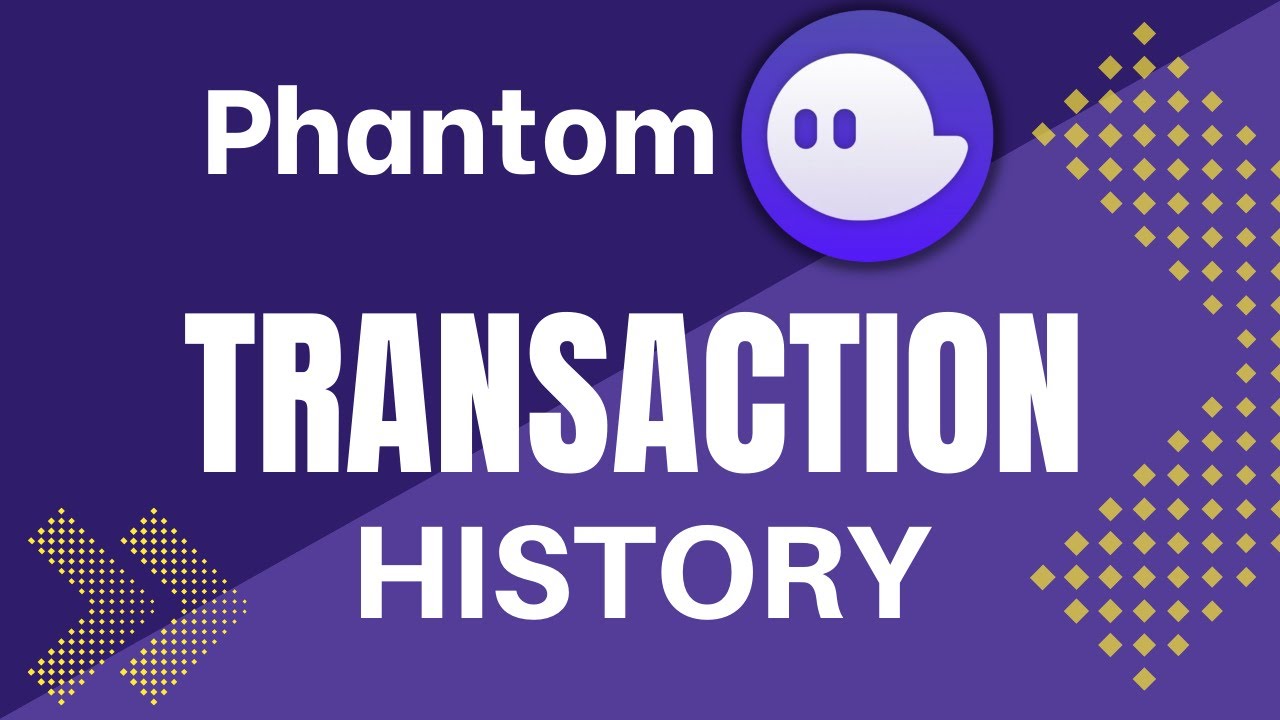
The second shocking twist was the uncovering of phantom transactions. These fake transactions, reported in Wirecard's financial statements, were designed to artificially boost the company’s revenues. The discovery of these fictitious dealings highlighted a deeply ingrained culture of deception within the company, where growth was prioritized over ethical conduct and transparency. This fraud was made possible by weak internal oversight, allowing Wirecard to present itself as a successful fintech giant when, in reality, it was a house of cards.
The Arrest of Markus Braun
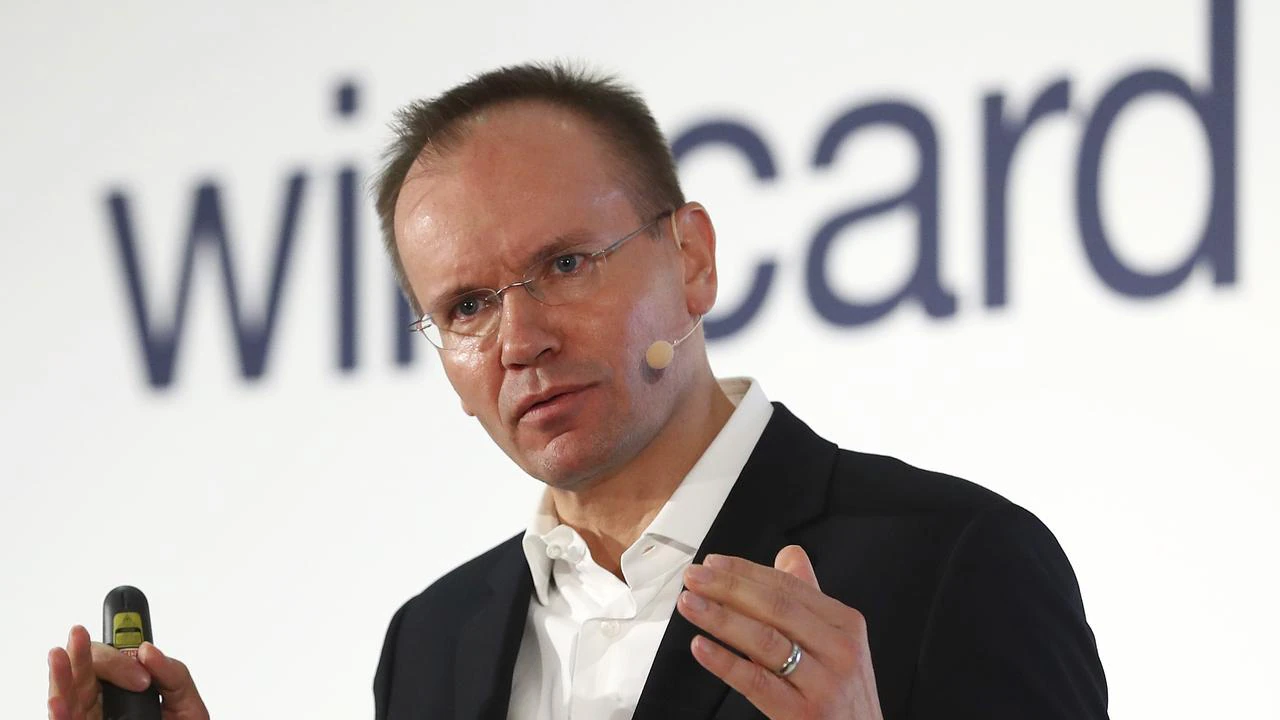
Wirecard's CEO, Markus Braun, was arrested in June 2020 on charges of fraud, embezzlement, and market manipulation. Once celebrated as a visionary fintech leader, Braun's arrest marked a steep fall from grace and underscored the severity of the scandal. His role in orchestrating the fraudulent activities led to wider scrutiny of how corporate executives can exploit their positions to deceive investors and the public. Braun's dramatic downfall sent a strong message about the consequences of corporate misconduct at the highest levels.
The Whistleblower
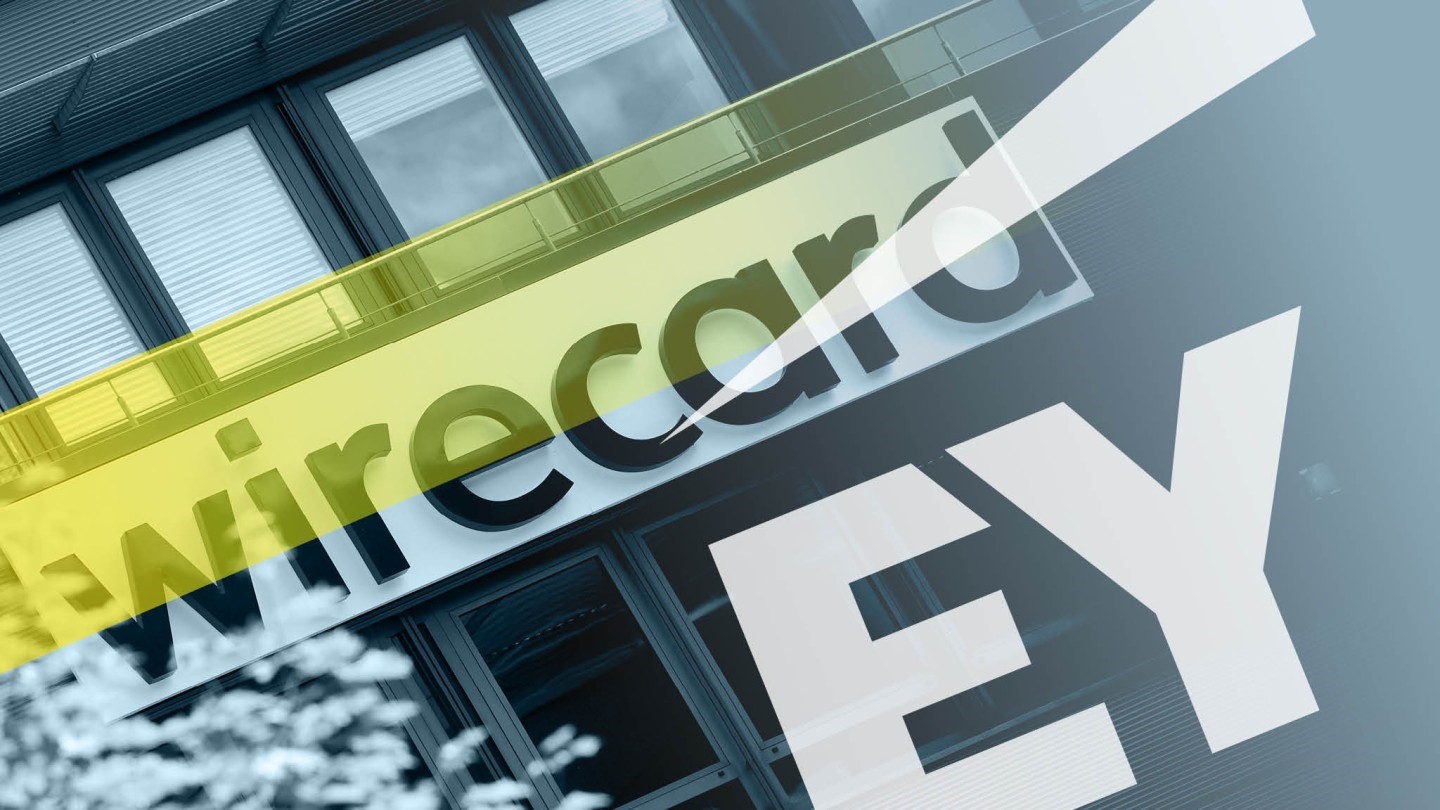
The fourth shocking development in the scandal was the emergence of a whistleblower within Wirecard, whose leaks played a pivotal role in unraveling the company's fraudulent activities. The whistleblower shared crucial information with journalists and regulators, sparking investigations that ultimately exposed the extent of the deception. This event underscored whistleblowers' vital role in corporate accountability, though it also raised questions about the lack of protective measures for individuals who expose corporate wrongdoing.
The Regulatory Failures
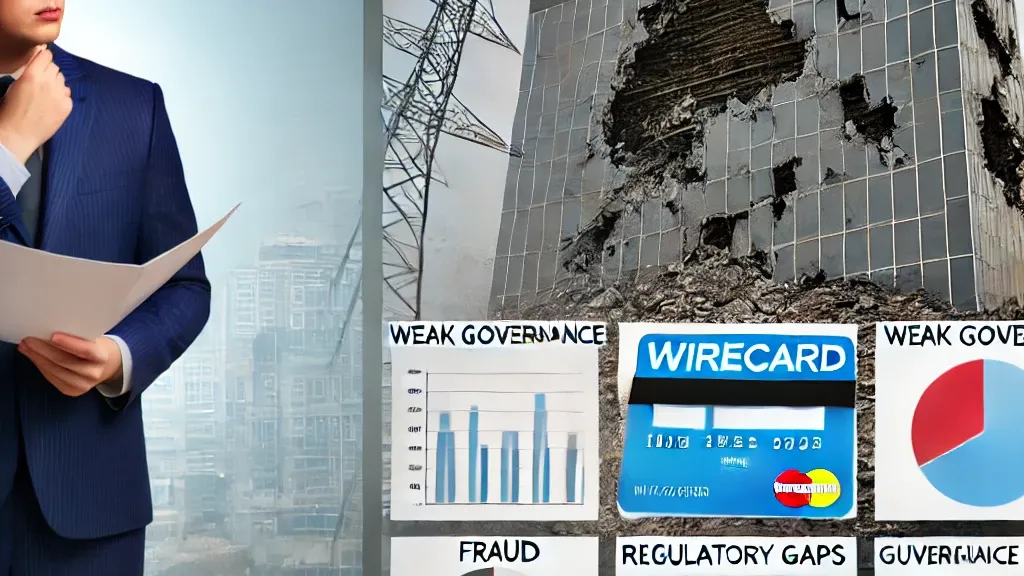
Wirecard's collapse also revealed significant regulatory failures. Despite years of allegations and red flags, regulatory bodies like BaFin, Germany's financial watchdog, failed to act decisively against the company. BaFin even took the unusual step of filing criminal complaints against journalists investigating Wirecard, accusing them of market manipulation. The regulatory inaction allowed the fraud to continue, unchecked, for years, eroding investor confidence and raising concerns about the effectiveness of regulatory oversight in preventing corporate misconduct.
The Role of the Media

While regulatory bodies were slow to react, investigative journalists played a key role in bringing Wirecard's fraudulent practices to light. Publications like the Financial Times conducted thorough investigations into the company’s questionable practices, often at great personal and legal risk. Wirecard responded with intimidation tactics and legal threats to suppress damaging reports, but the persistence of the media in exposing the truth was instrumental in unraveling the scandal. This highlighted the essential role of a free and independent press in holding corporations accountable.
The Aftermath and Lessons Learned

In the aftermath of the scandal, Wirecard filed for insolvency, leaving investors with significant losses and the financial industry in shock. The collapse prompted calls for major reforms in auditing, corporate governance, and regulatory oversight. Ernst & Young faced intense scrutiny for failing to detect the massive fraud, leading to broader discussions about the accountability of auditing firms. Wirecard’s demise also forced regulatory bodies to reconsider their oversight processes to prevent future incidents of this magnitude.
Conclusion
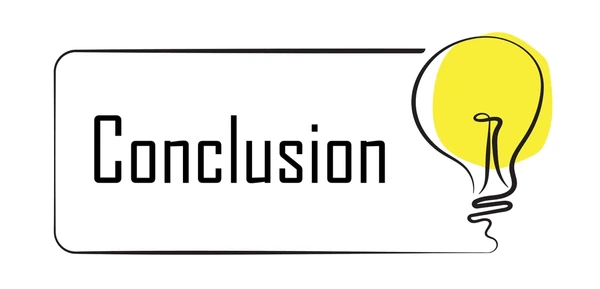
The Wirecard scandal offers a sobering lesson on the importance of transparency, accountability, and corporate ethics. The web of deception that took place under the company’s leadership exposed the vulnerabilities in the global financial system, highlighting the need for stronger regulatory frameworks and more vigilant auditing processes. As the dust settles, the lessons learned from Wirecard’s downfall will hopefully lead to a more transparent and secure financial landscape.





